|
|
|
Editor's note
|
|
When it comes to high-quality child care, the price tag often looks a lot like a college tuition bill. Two Democrats – U.S. Rep. Bobby Scott, of Virginia, and Sen. Patty Murray, of Washington – have introduced legislation to ease the financial burden for working parents who need child care. Taryn Morrissey, a child care policy scholar at American University, discusses the potential impact of the proposed Child Care for Working Families Act – and how far it will go to make a difference in parents’ pockets.
If you’re anywhere along a U.S. shoreline, especially in good fishing zones, chances are that ospreys are nesting nearby. These large yellow-eyed hawks have bounced back from near-extinction 50 years ago due to pesticide pollution and overhunting. Alan Poole, former editor of the “Birds of North America” guide, explains how ospreys’ ability to nest on all kinds of humanmade structures helped them reclaim the coasts.
Many people have the impression that terrorism is getting worse. But terrorism data expert Gary LaFree of the University of Maryland writes that the numbers tell a different story. In fact, the 36 months starting in January 2015 have witnessed the single largest three-year decline in attacks and fatalities since 1970 – nearly a half-century ago.
|
Jamaal Abdul-Alim
Education Editor
|

|
|
Top stories
|

A new bill to provide affordable child care for working families faces an uphill battle in Congress.
Rawpixel from www.shutterstock.com
Taryn Morrissey, American University School of Public Affairs
Working class families have struggled for years to afford quality child care. Could the newly proposed Child Care for Working Families Act make a difference? A child care policy scholar weighs in.
|
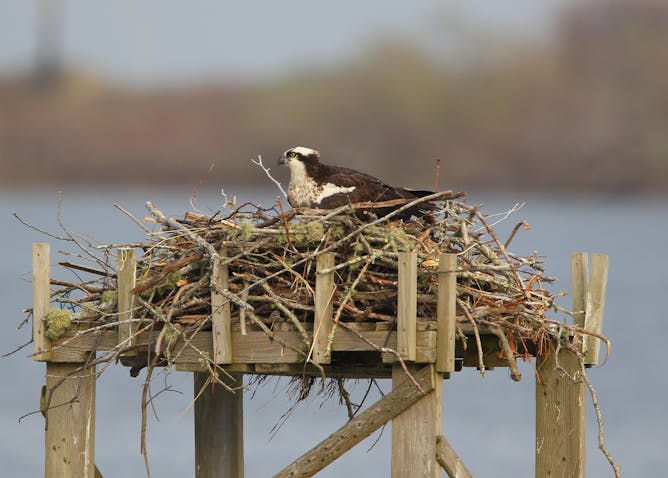
Osprey on a nesting platform in Massachusetts.
Craig Gibson
Alan Poole, Cornell University
Chemical pollution and hunting pushed Ospreys to the edge of extinction in the mid-20th century. Today, they have rebounded and can be spotted worldwide, often nesting on manmade structures.
|
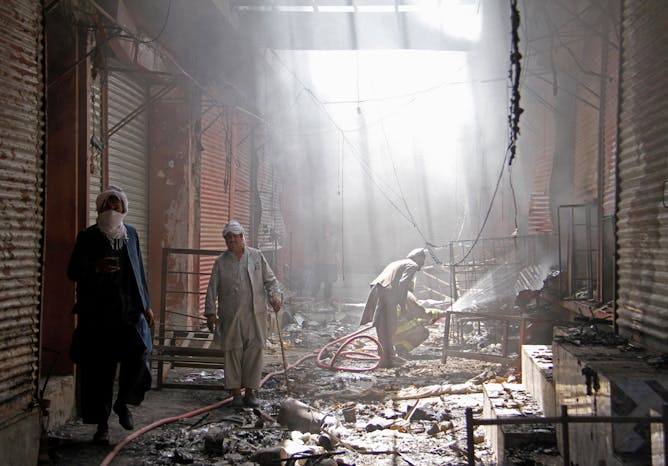
The aftermath of a 2018 attack by the Taliban in Ghazni city, Afghanistan. Will terrorist attacks like this one be as common in 2019?
Reuters/Mustafa Andaleb
Gary LaFree, University of Maryland
Terrorist attacks and fatalities peaked in 2014, and have been on the decline since then.
|
Business + Economy
|

Darrick Hamilton, The Ohio State University; Trevon Logan, The Ohio State University
Thanks to a long history of exclusionary government programs, the typical black family now has only 10 cents for every dollar held by the typical white family.
| |
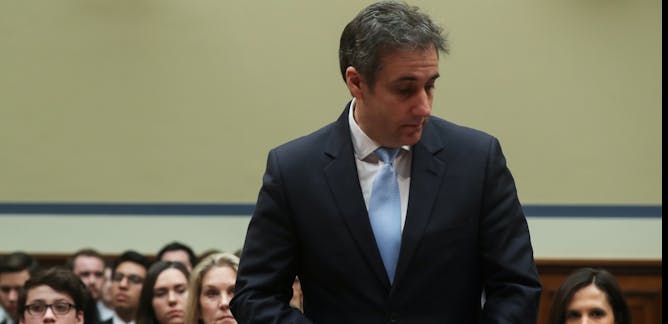
Bert Spector, Northeastern University
While Trump may be an extreme example, much of the conduct Cohen highlighted reflects attitudes and actions commonplace among public companies.
|
|
|
Arts + Culture
|

Robert Urbatsch, Iowa State University
Beautiful people tend to lead more charmed lives. Could their attractiveness also color their views on issues like abortion, premarital sex and gay marriage?
| |

Marie Helweg-Larsen, Dickinson College
Pyt doesn't have an exact English translation, but there's a rich strain of psychological research devoted to its benefits in everyday life.
|
|
|
Science + Technology
|
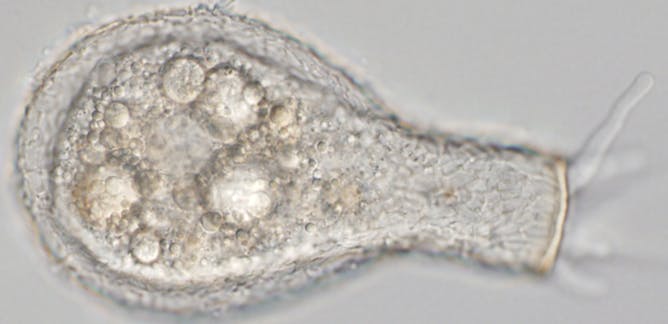
Matthew Brown, Mississippi State University; Daniel Lahr, Universidade de São Paulo
Using the family relationships between single-celled protists alive today, researchers hypothesized what their evolutionary ancestors looked like – and then looked in the fossil record for matches.
| |
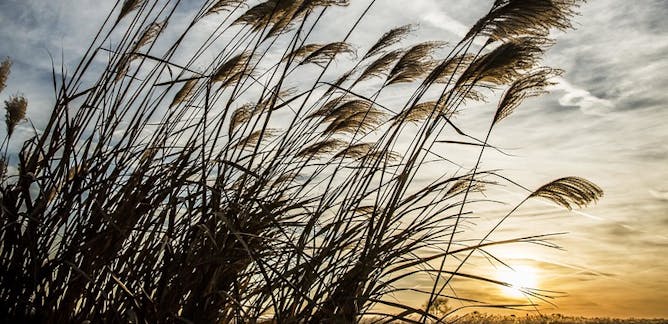
Charles Pignon, University of Illinois at Urbana-Champaign
In the eastern reaches of Siberia, scientists discovered plants with exceptional cold tolerance that could be the key to sustainable bioenergy production.
|
|
|
Ethics + Religion
|
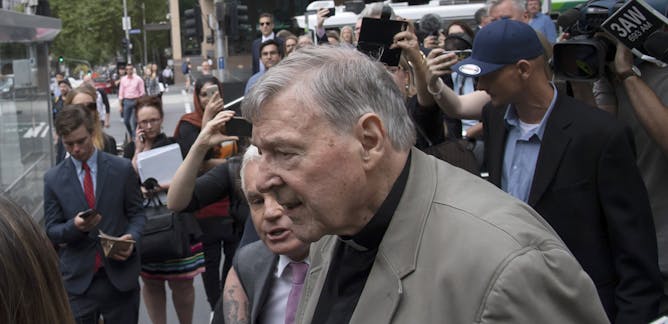
Mathew Schmalz, College of the Holy Cross
While Pope Francis has publicly acknowledged sexual abuse by clergy, the hierarchical structure of the Catholic Church still makes it difficult to report and address cases of abuse.
| |

S. Brent Rodriguez-Plate, Hamilton College
When it was released 15 years ago, Mel Gibson's 'Passion of the Christ,' was a box-office success. The theme of Jesus has been a successful one that many filmmakers around the globe have cashed in on.
|
|
|
Health + Medicine
|
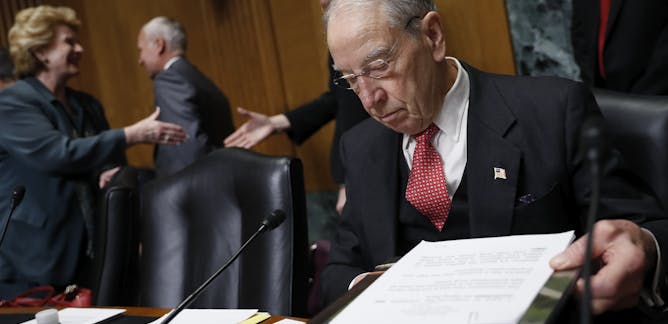
Neeraj Sood, University of Southern California
As concern grows for the escalating prices of prescription drugs, a novel approach to lower the price of drugs to treat hepatitis C in Louisiana holds promise, a policy expert says.
| |

Gautam Ramesh, University of California San Diego; Andrea LaCroix, University of California San Diego; John Bellettiere, University of California San Diego
Sitting has been maligned in recent years for its role in obesity and diabetes. Now, a recent study in older women suggests that sedentary behavior may also increase heart disease risk.
|
|
|
Education
|

Ivory A. Toldson, Howard University
Negative statistics about black students may be prevalent, but they are often out of context, misleading or just plain wrong, a professor of counseling psychology argues.
| |
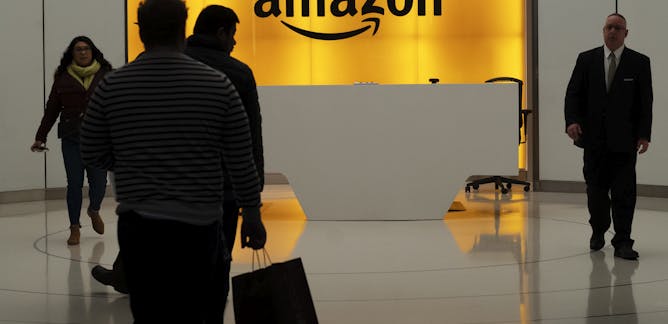
Jason Owen-Smith, University of Michigan
When colleges rush to serve the needs of business, they risk losing sight of their purpose and entering into bad deals with a selfish partner, a scholar of research and business argues.
|
|
|
Energy + Environment
|
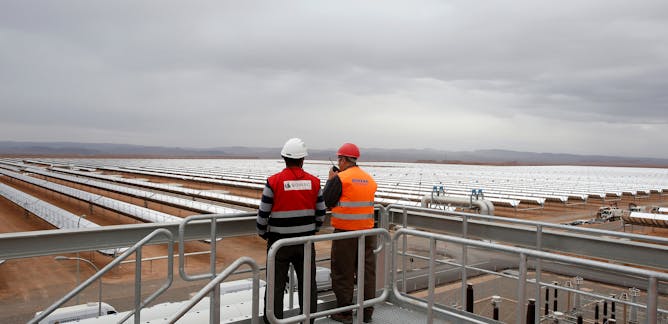
Olúfẹ́mi O. Táíwò, Georgetown University
Climate justice policies could potentially double as tools of colonialism that harm people outside the US.
| |
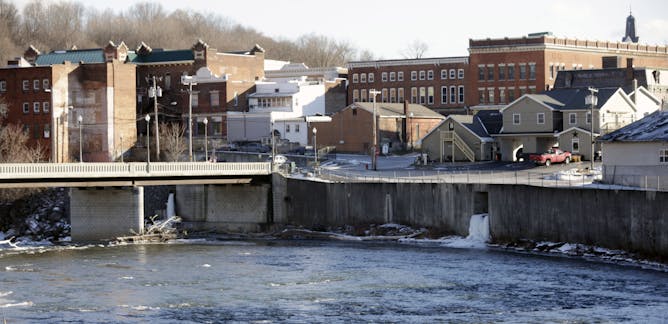
Laurel Schaider, Harvard University
EPA is moving to regulate two chemicals from a group called PFAS that are contaminating drinking water. A public health expert explains why the agency should take much broader action.
|
|
|
Politics + Society
|

Marcia D. Mundt, University of Massachusetts Boston
Thirty-seven-year-old Nayib Bukele is the first modern president who doesn't represent either of El Salvador's two mainstream parties. Can he fix what ails this troubled Central American country?
| |

William E. Nelson, New York University
The constitutional conflict between Congress and President Trump over his emergency declaration has potential to undermine centuries of checks and balances between the two branches of government.
|
|
|
| |
| |
| |
| |
| |
| |
|
|
|
|
|
|
|